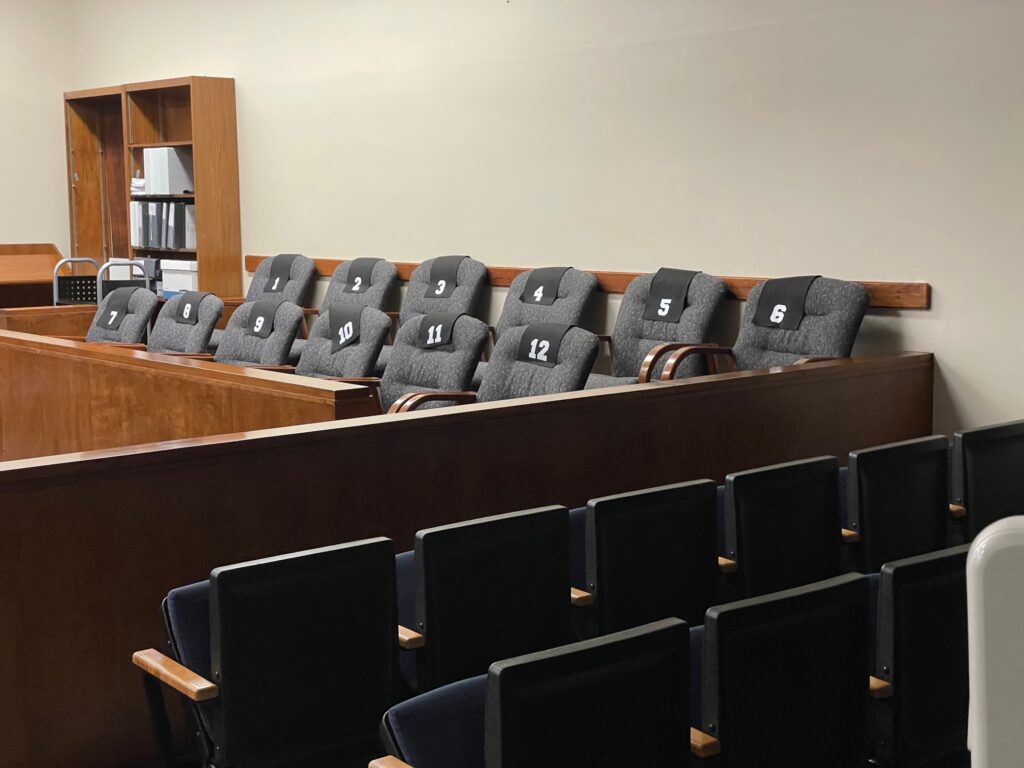Physicians, administrators, attorneys, and governmental agencies often seek qualified ophthalmology expert witness for consulting. A qualified ophthalmologist may also provide expert testimony for deposition and trial. Yelp is a commonly utilized source to gain information about an expert. Background training, education, and experience are important factors education, for selection of an appropriate ocular expert witness. Data provided by Yelp can often provide this information.
The Yelp page for ocular expert witness Michael Reynard, M.D. is referenced in the link shown below. Here you will find background history, examples of cases, and useful information for your situation.
https://ocularexpert.com/
Testimonials
Source: Denise T. Attorney at Law,Testimonial on file
Dr. Reynard excelled at deposition and trial.
Michael Reynard, M.D. was retained as an ophthalmology expert in an important case involving a claim for substantial damages for vision loss following bodily injury from a car accident. The case involved a subtle retinal disorder that preexisted bodily injury from a car accident. Rebuttal testimony was needed to support my position that the plaintiff’s retinal disorderr preexisted his car accident, and that bodily injury sustained in the car accident did not exacerbate his retinal condition. It was important for my case to have an ophthalmology expert that was able to explain our position to a jury in terms that were persuasive and easily understood.
Dr. Reynard thoroughly understood salient and subtle medical intricacies of the case and was able to present his keen knowledge to the jury. His performance at trial was superb. Dr. Reynard was able to answer questions artfully and knowledgeable while under extreme pressure from opposing counsel. His abilities as an ophthalmology expert were essential for obtaining a favorable outcome.
Source: Patient Pamela G., Yelp
I’ve been seeing Dr. Reynard for several years now. He is amazing! He is extremely intelligent and insightful as well. Plus he is personable, genuinely caring, and a dedicated perfectionist.
Source: Patient Saralee, H., Yelp
This rating is for Dr. Michael Reynard who stopped glaucoma in its tracks for me years ago before Yelp and Smart Phones. With a family history of glaucoma that led to blindness, Dr. Reynard watched the pressure in my eyes like a hawk. When it rose to 22, the number that = the onset, he immediately suggested and performed an outpatient laser surgery on both eyes called selective laser trabeculoplasty (SLT). It’s been 20+ years since the procedure and the eye pressure has never risen over 15.

The jury consists of 12 members selected from a group of candidates who are positioned in a section in a portion of the courtroom. One of the jurors is picked by the jury members to service as foreman of the jury. The foreman serves as a representative of the jury.
The jurors have the responsibility of deciding the allegations of the case based on the evidence, testimony by experts, and facts of the case. The jury does not interpret the law but relies on the judge for legal instruction. Jurors are permitted to submit questions to the foreman who relays them to the judge.
The jury arrives at their verdict on the basis of probabilities. An ocular expert witness who testifies in deposition or trial is under oath to provide opinions based on a reasonable degree of probability. Experts are usually selected by counsel for their background and level of expertise. Information that is available online may help in selecting an appropriate expert. The jury considers the validity of opinions and applies their assessment to the evidence and testimony presented at trial.
An ocular expert often presents pertinent background science behind the issue of contention. The ocular expert provides his or her opinions and the basis of his or her opinions. Demonstratives such as photos and medical records are often used by an expert to explain pertinent concepts and support his/her opinions.
When the jury has reached its decision, it will return to the court and the verdict will be read out by the foreman or forewoman. The jury will consider the evidence and testimony provided by an ocular expert witness when deciding issues relating to injury to the eye and vision. The decision for applying an appropriate sentence is left up to the judge.
Return to OcularExpert Home page